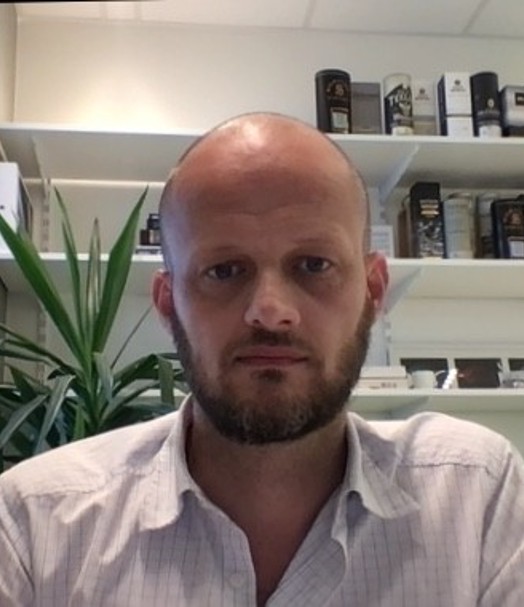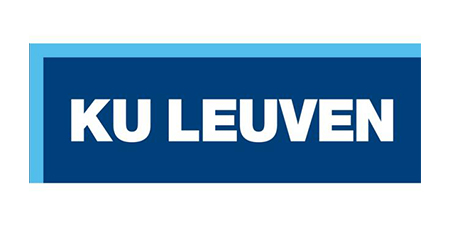About this project
Cystinosis research lacks suitable models to study functional characteristics of diseased cells and to assess cost-effective and robust drug screening. In this project we focus on polyclonal isogenic model development for cystinosis myopathy (myoblast and iPSC based) and nephropathy (podocyte based) using in house virus-like particle (VLP) CRISPR-technology.
The objectives are to unveil the underlying cellular and molecular pathways that lead to cystinosis using proteomic, transcriptomic and metabolomic approaches.
The most promising gene therapeutic approaches including CRISPR-base/prime editing, gene addition (LV-based or rAAV-based), or HDR (using IDLV, rAAV), or promoter activation will be assessed for phenotypic correction in isogenic cell and more complex 3D models for cystinosis (such as muscle-, intestinal-organoids and co-axial printed proximal tubulus model, kidney-organoids), developed in house or available at UUtrecht (van Genderen group).
The potential of the different approaches will be monitored using cystine measurement, or other assays developed in the consortium.

Lead Supervisor: Rik Gijsbers

Host Institution
Secondments
Mobility is an essential part of MSCA PhD projects. Secondments will undertaken at the following organisations:
- Utrecht University – Utrecht, Netherlands (12 months)
- Mercurna BV – Oss, Netherlands
(1 month)
Degree awarding institutions
A PhD at the KULeuven/UUtrecht generally takes 4 years.
Supervisory team
- Prof. Rik Gijsbers (PhD promoter, KU Leuven)
- Dr. Anne Metje van Genderen (UUtrecht)

Roger Mora de la Serna
DC9